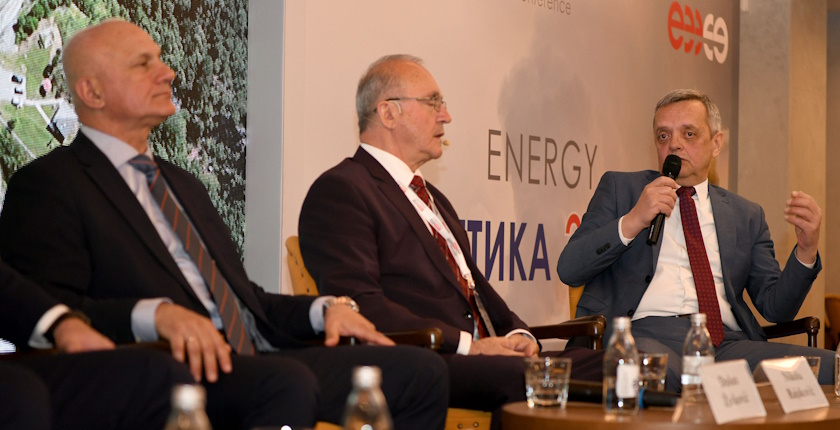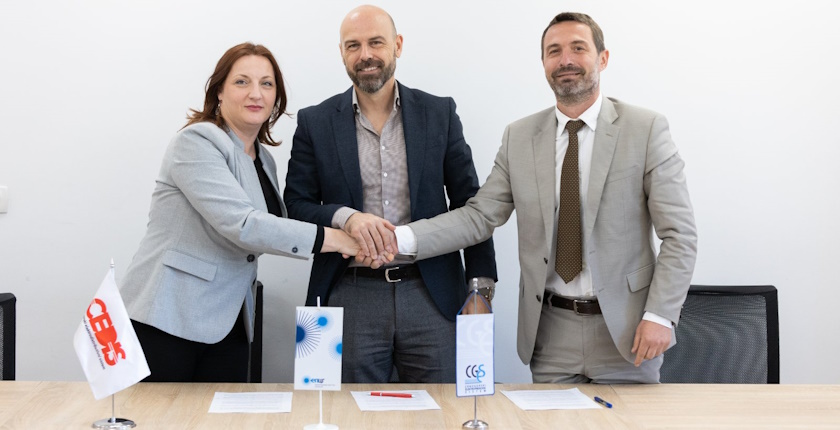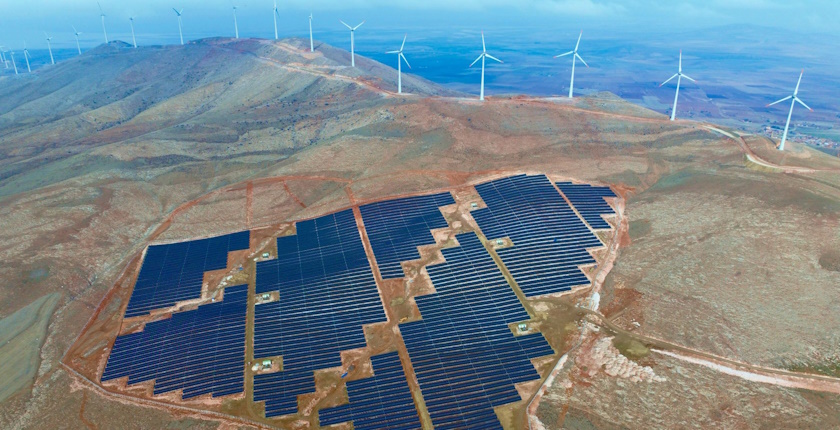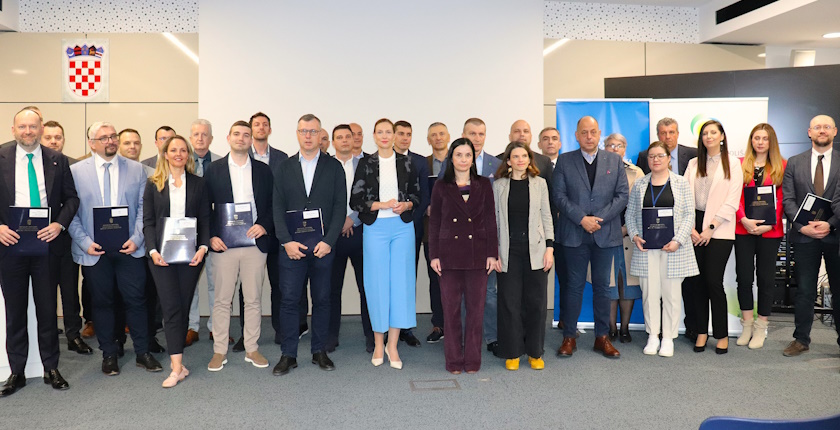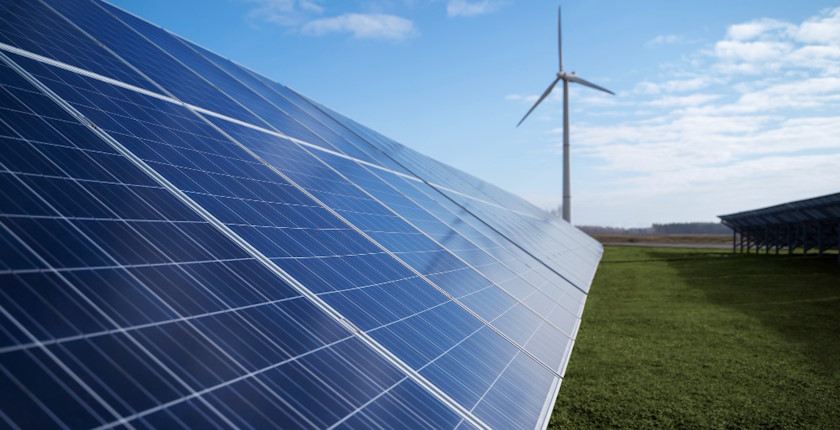A group of members of the European Parliament is asking the European Commission to demand from the Government of Serbia to comply with domestic and European law as regards Rio Tinto’s disputed Jadar lithium mining project. They pointed out that arresting and intimidating opponents who criticize the proposed investment is unacceptable. The European lawmakers invited Serbian activists to the European Parliament. Without strict rules, transparency and respect for local communities, things can end badly in mining, the Left’s Jonas Sjöstedt warned.
Rio Tinto is expecting to have its controversial lithium mining project Jadar in Serbia declared strategic by the European Union. Serbia and the European Commission have signed a memorandum of understanding for a strategic partnership in sustainable raw materials, battery value chains and electric vehicles. The Anglo-Australian mining giant’s proposed investment was met with years of fierce resistance from the local population and environmentalists.
Now a group of members of the European Parliament is also raising the issue of the persecution of activists, corruption and the risks to water, nature and public health.
Of note, Balkan Green Energy News has published a chronological overview of the key events in the development of the Jadar project since 2001, when the company arrived in Serbia.
The movement includes people from other areas in the country and neighboring Bosnia and Herzegovina with sites for the exploration of lithium and various minerals, as well as various mining operations.
Some mining companies leaving their waste behind for others to tackle
Completing their visit to Serbia, three EU lawmakers from the Left claimed that the Government of Serbia has many questions to answer about the Jadar project.
“My experience is that if you don’t put up strict demands on mining companies, if you don’t have transparency, if you don’t have respect for local communities, things can end really badly when it comes to mining,” MEP Jonas Sjöstedt stressed at a press conference.
He added that in northern Sweden, where he is from, some mining companies have extracted minerals for a short while before leaving without cleaning up first.
Sjöstedt: Multinationals take advantage of countries if they can
“That’s why it’s so important, so vital to listen to local communities. To have full respect for those who raise environmental concerns. And to not accept corruption or adapt legislation to the wishes of the multinational companies. Because they take advantage of countries if they have the chance,” Sjöstedt said at the event, organized by the Marš sa Drine activist group.
The environmental concerns in the Jadar area are real, especially about the quality of water for millions of people, in his view. If all the questions are not answered how toxic underground water and waste will be treated, it could be a very risky project, Sjöstedt pointed out.
“I’m also deeply worried about all the things we have heard about corruption. That it is possible for big multinational businesses to get their way with Serbian authorities by giving them economical benefits or making a contract that is not fully publicly available. I think that’s a really bad start of big industrial projects,” he asserted.
The level of intimidation against protesters including arbitrary arrests is unacceptable, according to Sjöstedt. “To be able to organize, to freely express your political will, it’s really the essence of democracy and that is what is at stake. Serbia is at a crossroads for the democratic development of the country,” he underscored.
Jadar is unique in natural harmony
The MEPs from the Left vowed to bring activists from Serbia to the European Parliament. Professor Ljiljana Tomović from the Faculty of Biology in Belgrade said at the event that the Jadar area and the adjacent Rađevina in western Serbia are one of the best examples of harmony between natural and human habitats.
They are unique, not only in Serbia, but in most parts of the Balkans, in her view. Tomović noted that more than 3,100 scientists and professors sent a letter to the European Commission to give up on the project.
All deals must be published
Rio Tinto has a long track record of environmental disasters and human rights violations, said EU lawmaker Per Clausen.
“There are legitimate reasons to meet this project with skepticism. Unfortunately, this is not an isolated case in Serbia. Other mining projects, including those financed and operated by Chinese interests, have already led to serious environmental damage and the destruction of nature. Widespread corruption and attacks on democratic rights are part of everyday reality. This is why there is no trust that Serbian authorities will prioritize the needs of local people, the environment or the preservation of nature,” he added.
Voices that should be heard are being silenced, the MEP from Denmark said.
Without democratic control over shared resources, the door opens to corruption and corporate exploitation, MEP Per Clausen warned
“This is not just about biodiversity. It’s about basic survival,” he stressed.
Without democratic control over shared resources, the door opens to corruption and corporate exploitation, Clausen warned.
“We ask the EU Commission to demand that the Serbian government complies with the law in both Serbia and the EU, and give total transparency about all elements of the deal between the EU and Serbia and the deal between the state and the mining company,” he stated.
True democracy means that natural resources belong to the people and are managed correctly for the common good, according to Clausen.
Let’s not replace fossil fuels with another form of environmental destruction
The group met with scientists, locals and representatives of the civil society. “We visited some test drillings and nothing lives around them due to the toxic substances. We cannot achieve the green transition by appeasing our industry and destroying nature and wildlife. In this process, we must not exchange environmental destruction caused by oil and gas for another form of environmental destruction,” said Sebastian Everding.
The German MEP said research should be supported to replace lithium in battery technology “with something that has less impact on the environment and the climate.”
Post Views:382
